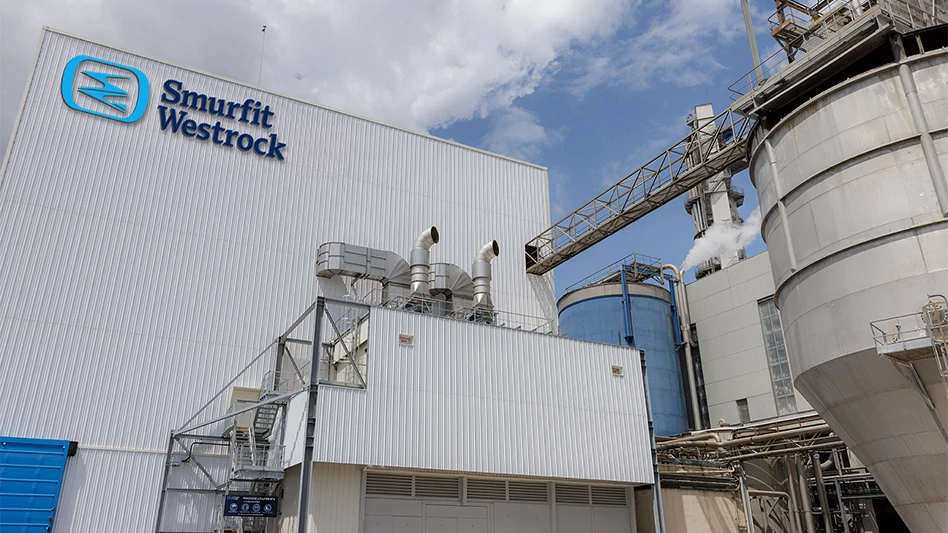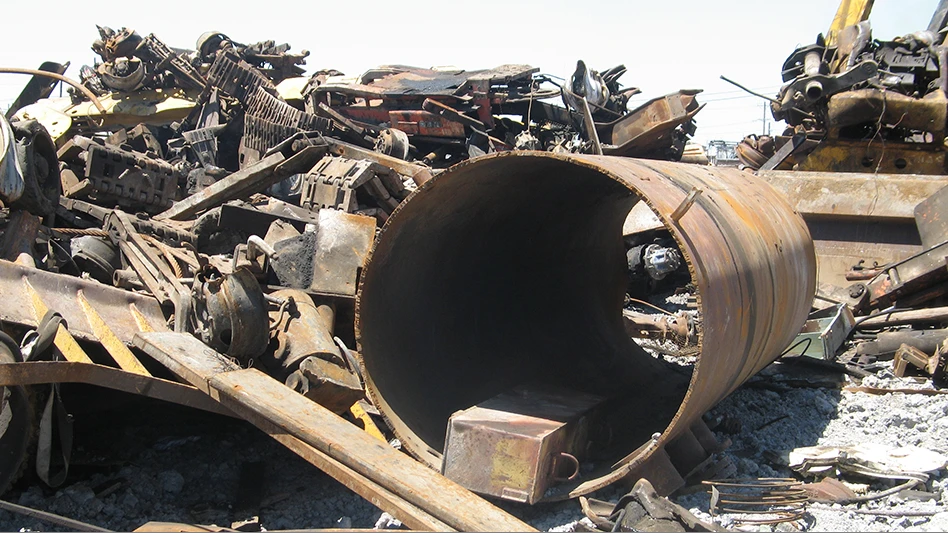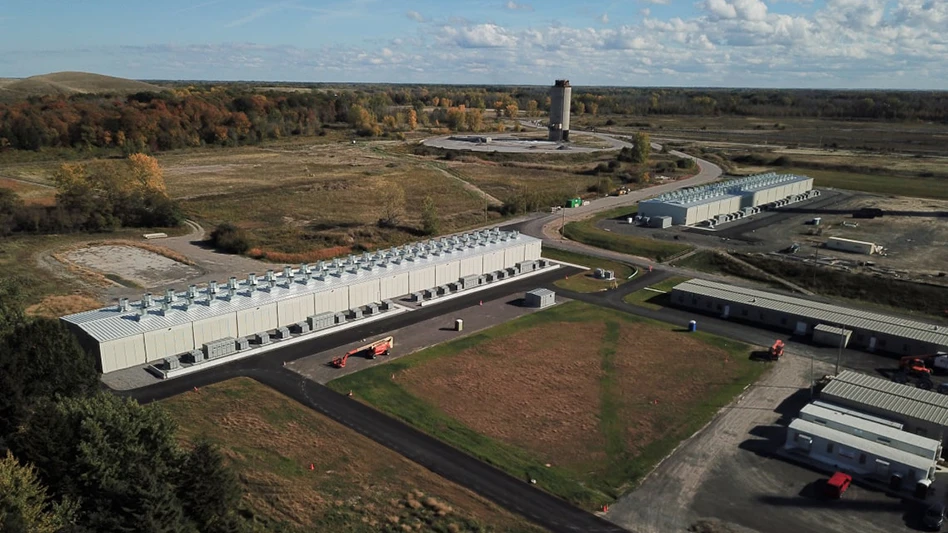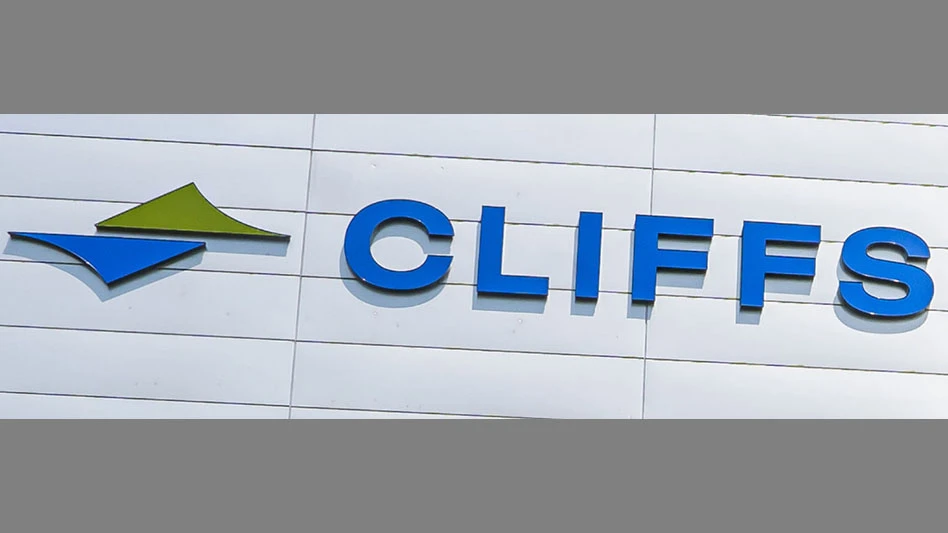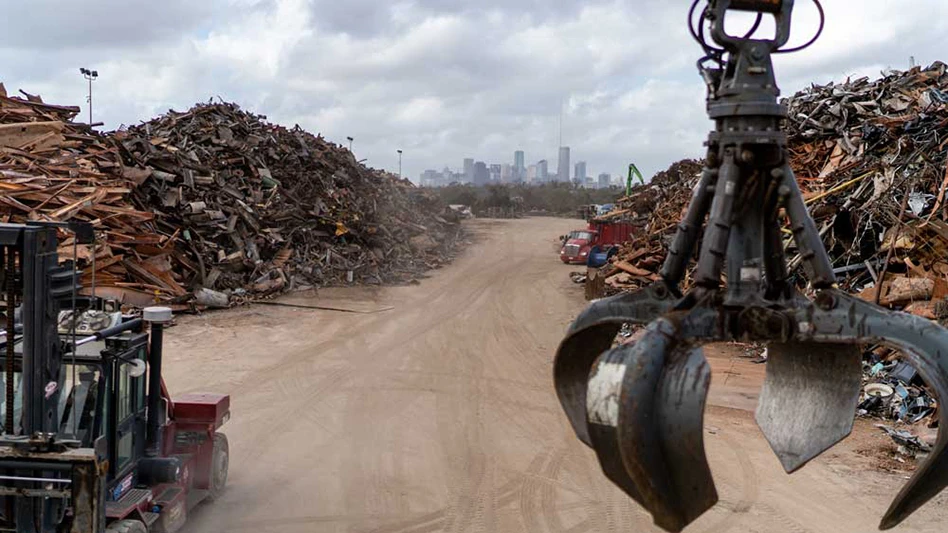
calypso77 | stock.adobe.com
MacroCycle Technologies, a developer of a novel polyethylene terephthalate (PET) and polyester textile scrap upcycling technology based in Cambridge, Massachusetts, has closed a $6.5 million seed financing round.
The fundraise was led by Clean Energy Ventures and Volta Circle, with participation from KDT Ventures and Neotribe Ventures.
MacroCycle intends to use the funding to grow its operations by 50 percent and scale its pilot plant facilities to develop its upcycled PET and polyester resin with initial customers.
According to the company, plastic production and disposal make up more than 5 percent of global CO2 emissions while only 15 percent of the plastics currently are recycled, with the remainder heading to landfills, waterways or incineration. While the industry has attempted to break this cycle, MacroCycle says contamination and energy intensity remain two major barriers to efficient plastics recycling. It adds that filtering through heterogeneous, contaminated recyclable materials and breaking down components into reusable end products has been too cost-intensive to be commercially adopted as a replacement for fossil fuel-derived plastics.
“Global plastic waste is expected to triple in the next 40 years, and current mechanical and chemical recycling methods are not able to deliver viable solutions to process plastics and textiles waste streams,” Clean Energy Ventures Managing Partner Temple Fennell says. “MacroCycle’s solution to upcycle plastics tackles an increasingly severe waste issue to create an economically and environmentally circular plastics supply chain.”
Catia Cesari, managing partner of Volta Circle, an investment firm backed by the founders of global PET producer and recycler Indorama Ventures, says MacroCycle’s unit economics, energy efficiency and ability to upcycle low-grade feedstocks gives it a critical competitive advantage in a sector in need of innovation.
“The team, its technology and its ambition perfectly encapsulate our mission to back the best founders leading the way in the circular economy and we’re delighted to be supporting MacroCycle as it scales and creates genuine global impact,” Cesari says.
Regarding its technology, MacroCycle says it upgrades plastic scrap into its previous “virgin-grade” form. The company says its chemistry and selective nontoxic reagents afford a simpler process requiring 80 percent less energy than fossil-based PET production and 50 percent to 75 percent lower capital expenditure than competing chemical or biologic recycling methods.
“There is a $700 billion linear plastics market opportunity, but today’s advanced recycling technologies are too expensive to build and operate, and still yield low-value products,” MacroCycle CEO Stwart Pena Feliz says. “MacroCycle’s technology provides a more efficient process to produce high-quality plastic that can be adopted as a drop-in solution competitive with fossil fuel-based plastic. Our technology will be a key enabler for plastic circularity, as we allow our customers and suppliers to unlock the economic benefits of recycling.”
The groundwork for MacroCycle's technology was laid during the academic work of Jan-Georg Rosenboom, its co-founder and chief technology officer, and his colleagues at MIT, ETH Zurich and Politecnico Di Milano. With early support from the Breakthrough Energy Fellows program, MacroCycle scaled up its technology from lab-scale breakers to a pilot plant reactor running at The Engine Accelerator’s facilities.
The company expects to recycle PET bottles and polyester textile scrap from customers in the cosmetics, textiles, home goods, food and beverage industries with large packaging scrap footprints, as well as luxury and fast fashion clothing brands. To address demand for its PET product, the company says its first pilot plant will support large-scale product validation and produce the first bottles and garments made entirely from its recycled PET resin.
Latest from Recycling Today
- Murphy Tractor partners with Humdinger Equipment
- Shapiro announces promotion
- Carton recycling scrutinized in California
- SACO AEI Polymers recognized for sustainability practices
- ArcelorMittal says France EAF remains on track
- Greenwave appoints chief financial officer
- Commentary: A turning point for flexible plastics recycling
- EcoATM announces 7.5M devices collected in 2025

